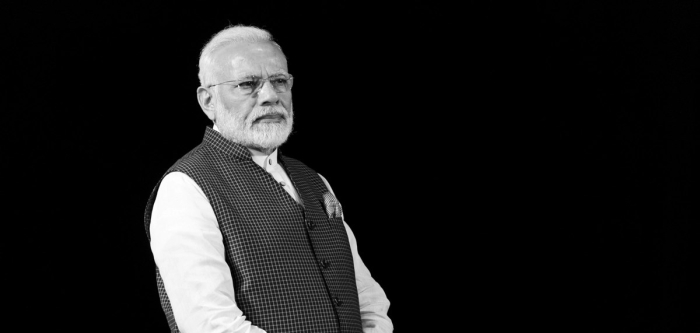India is currently holding general elections in seven phases which are due to run from 19 April to 1 June 2024. CSW’s India Researcher, whose name has been withheld for security reasons, lives in Tamil Nadu state in the south of the country. Here she offers some reflections on what is at stake for the future of the nation.
A day before my state Tamil Nadu went to elections, I was browsing social media when I noticed an image posted by an old friend of mine who studied with me in a Christian school. The image was of a women dressed in a white sari who represented an Indian Hindu. Around her were four other men – a Christian, a communist, a Muslim and a member of the Dravidian political party – all with weapons in their hand trying to stab a visibly scared Hindu woman. The caption said ‘vote wisely’ – an apparent warning message to all the Hindus in his friend list that they are in danger and they need to vote for the party that claims to protect them.

I was quite surprised. Yes, I know thousands of radical Hindus in India genuinely believe that their religion is under threat. But to see someone who I knew, who had his whole education in a Christian school and still remained a Hindu, actually succumb to the false narrative that Hinduism is under threat – that was surprising. In the last few years, I have sadly come across many other Hindu friends and acquaintances who have come to believe that.
Continue reading “Reflections on my beloved India in an election year”


